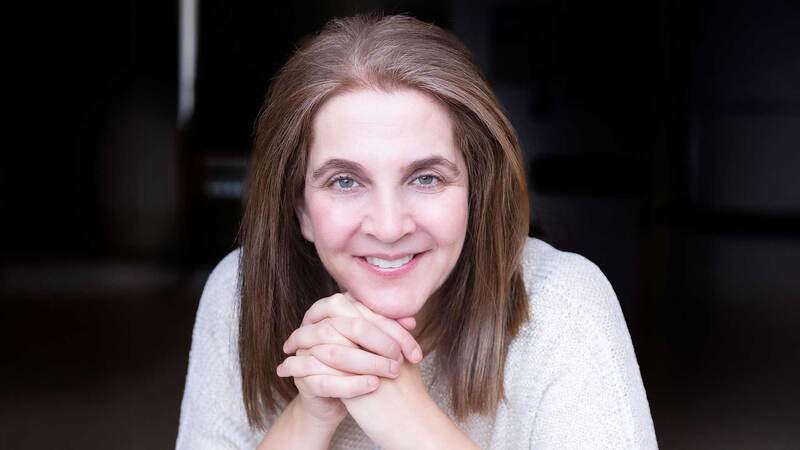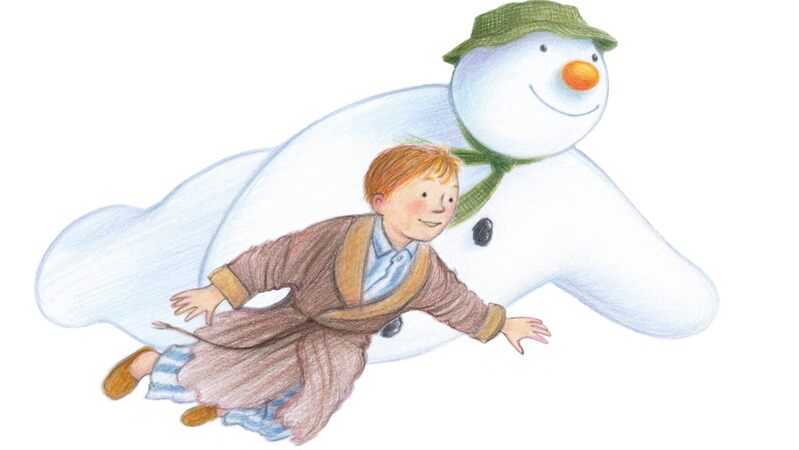You are viewing your 1 free article this month. Login to read more articles.
Publishing ‘treats pay like a dirty word’, say industry staffers
Publishing staffers have spoken out on low pay and poor transparency on salaries in the industry, with some telling The Bookseller they would not have been able to pursue a career in publishing without the financial support of a partner, being able to rely on their parents, or fitting into a white, middle-class demographic.
The problem was felt to be particularly acute for those starting out in their career.
The issue was raised in a blogpost published last week, where former publisher Niamh Mulvey warned: “If you want a career that offers independent financial security, I would say, sadly, don’t count on publishing."
In a second piece, written for The Bookseller, Mulvey expanded on the low pay and lack of transparency that are "leading to a mental health crisis", comparing a new starter who may earn "probably the highest starting salary in the business" at £24k with the highest-paid roles coming in at an estimate of close to £1m a year.
Many others have also described the difficulty of managing on low salaries.
An editorial assistant at a mid-size publishing house described her starting wage of £20k a year as "frankly not enough to live on in London".
"I was able to cover my rent and bills in a shared flat but my family would pay any travel expenses to go home and my partner would always step up if I was tight for cash. After months of begging to be brought up to industry standard (£23k) I moved internally to a different department where I was offered £22k, which I took."
She added: “A male colleague of mine with less experience, who started after me, also moved internally and got 10% more than I did. I'm still angry about it but there's not much I can do about it right now. It is humiliating to be constantly fighting for what, in comparison to my partner's salary, feels like scraps."
After doing an unpaid internship for a year, work experience and a two-month FTC working out at £12,000 a year, Ellen Parnavelas, now a publisher at Goldsmiths, got a job at art imprint A&C Black, which was part of Bloomsbury in 2010. “They offered me the position with a salary of £17,000 a year," she said. “By this point I had been working for more than two years and had a degree, Masters' degree and multiple professional training qualifications. After a year there, I asked for a pay rise and was told again that it wouldn't be possible."
Attending an interview for an assistant editorship at Michael Joseph, she said she was "almost laughed out of the room" when she asked what the salary for the role was.
Despite working at Faber for nine years and Head of Zeus for two years before setting up her own company, publisher Helen Francis said she has “never felt secure in any of [her] publishing jobs, or as though [her] job was safe” and when starting out, received a salary that was “very, very hard to live on".
“There were a couple of occasions I called in sick because I couldn't afford the Tube fare to work. I lived in a flatshare, my parents gave me what they could, but they don't have much money themselves so it wasn't a lot," she said. “The pay was pitiful, but it was ‘industry standard’, which is of course part of the issue."
Julia Silk of Kingsford Campbell said: “I'd still like to know how anyone is supposed to not accrue debt when, realistically, someone starting on £23k, which is considered a decent starting salary in publishing, will probably still only be on £30k five years later, if they are lucky.
“I actually think that publishers would have to do something revolutionary, like cap top execs' salaries, and profit share the rest, to really make a difference. The argument against this is always that publishing needs to compete with other industries to have the best people at the top — I wonder why they don't feel this way about talent they are either failing to attract in the first place or are haemorrhaging at the lower levels.”
Louise Dickens, who works at business books publisher Kogan Page, related a consistently positive experience of working in the industry and her company, but said she had “no easy way of comparing [her] salary with similar roles in other companies, or with men in similar roles within the industry". She said: "The lack of salary transparency is an issue across the whole publishing industry, which seems to be generally understood as underpaid. Only recently were unpaid internships highlighted and discouraged, and very rarely do job adverts come with salary information. Why is this?”
Traditionally seen as a “middle-class, white woman’s industry”, some women have cited issues of class and race as barriers to salary increases and career progression.
A former marketing executive at Bonnier said she struggled to land permanent roles at the start of her career, despite a string of unpaid internships at Penguin, Orion and Hodder & Stoughton.
“I compared my experience with others in publishing who were also trying to get their foot in the door and for them, they managed to turn internships into full positions within six months sometimes, and this was the same across the board," she said. “Almost all these friends I spoke to were white.
“As a person of colour, a hijab-wearing, Muslim woman, I feel like my experience and struggles in publishing have been much more arduous than others I have spoken to who started out in similar positions to me but have progressed far more."
A publishing assistant at a large company said she thought the industry, “like most at the moment”, was finally starting to take notice of the underrepresentation of black publishers, and black employees generally due to the Black Lives Matter movement, though the problem is “systemic”.
Frances Moloney, who has worked in various companies including Simon & Schuster and Hachette, spent the first five years of her career earning under £25k.
"I could only afford rent and all other outgoings by walking to work to save on travel expenses. I walked from Haggerston to Embankment and back every day for a year when Hachette moved offices," she said. "In my opinion, the industry can’t attract a diverse workforce when the salaries and opportunities are so limited. Publishing has always relied heavily on cheap labour from enthusiastic young people, often from privileged backgrounds."
In addition, Moloney felt she had been pigeon-holed and passed over for promotion because of her working-class background. “One of my managers once told me she had chosen me for a PA role because of my background, as they felt I would be happy to have that position and not the ambitions of my middle-class colleagues."
Some publishing staffers felt the need to act a certain way to be accepted, or “taken seriously enough" to warrant a pay rise.
An overwhelming number of women The Bookseller spoke to suggested that publishing is considered to be a “passion” for “arty, creative people” and companies didn’t feel the need to pay their employees as much as an equivalent role in a different industry.
“There seems to be this sense that you work for the love of books and the salary is incidental," one editorial assistant said. “It's not. You can't pay rent with passion for cover finishes."
“I'm worried about my future. I worked so hard to get into this industry and now I'm not even sure if I'll be able to sustain it long term. If I'm struggling after all the advantages I've been given by my family, how are people less fortunate than me or with no support network supposed to cope? Publishing needs to do better.”
Granta editorial director Anne Meadows urged publishers to consider the standard of living of those early on in their careers. "I think the first thing for every publishing company to do is look at whether junior to mid-level wages have kept up with inflation," she said. "The UK publishing industry is almost entirely based in one of the most expensive cities in the world. If you're not paying your junior employees enough to live on without independent support, if you're not paying your mid-level employees enough that they can consider starting a family, there will be consequences. Your employees will leave, or they will suffer. Those that remain are likely to be independently wealthy. Diversity in publishing will not happen under these conditions."















